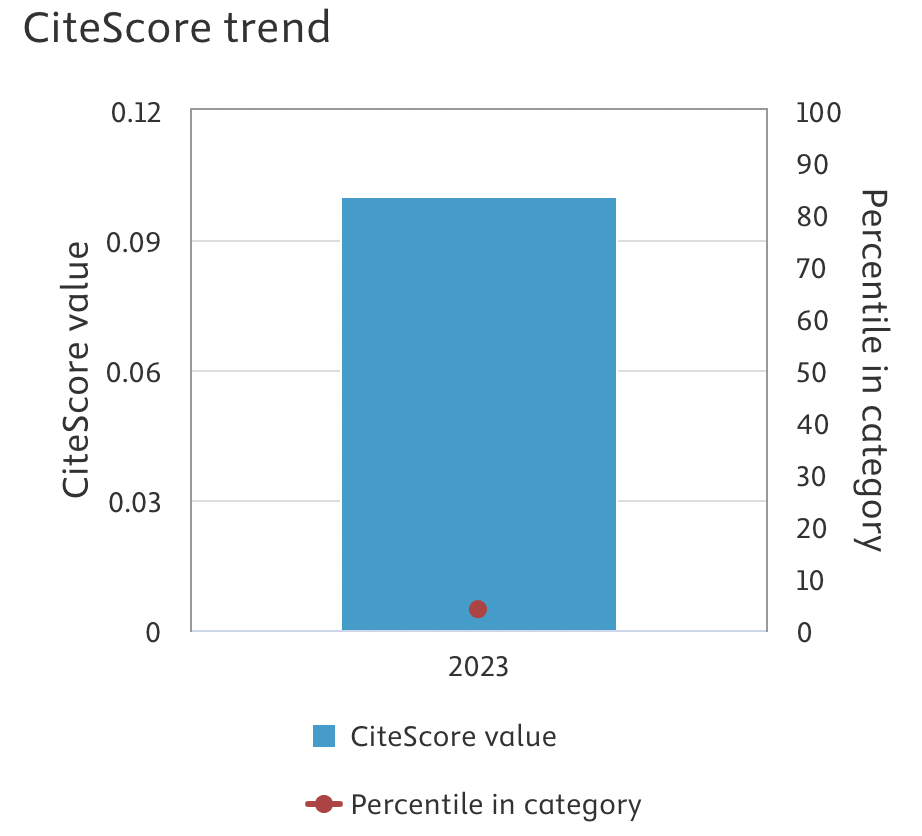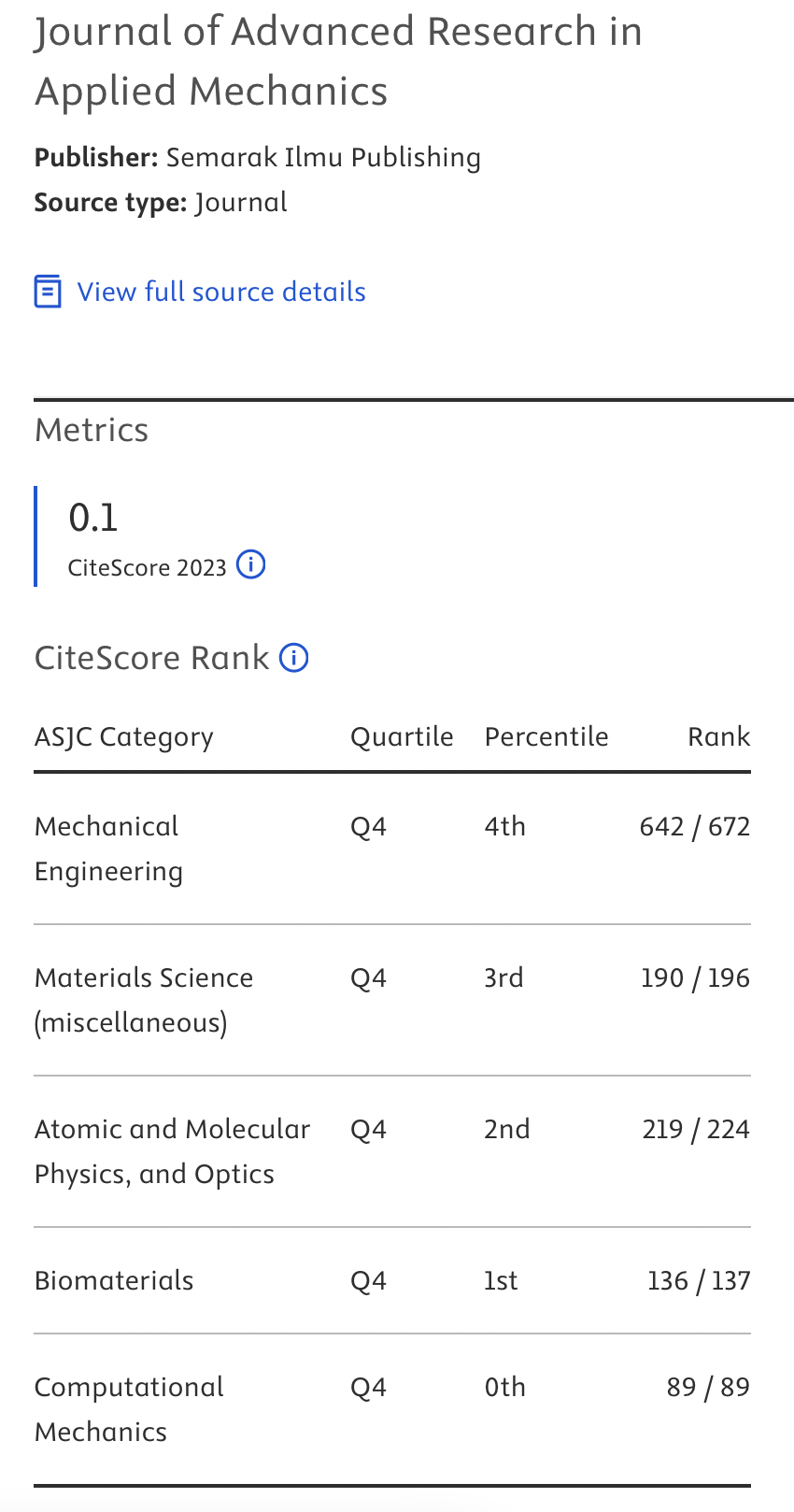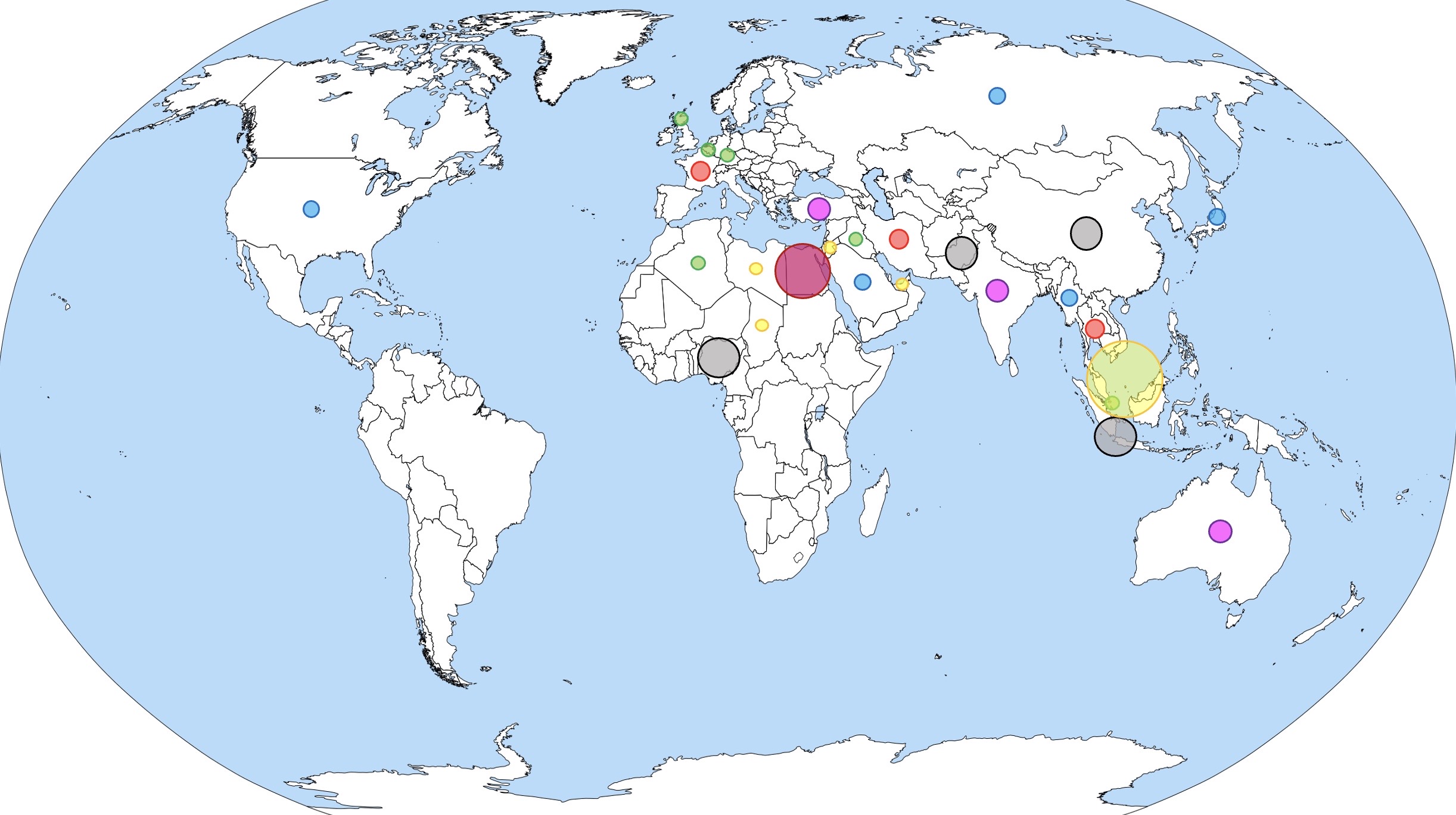Impact of Process Control Devices on the Performance of Ultrafilter Membrane in Clean Water Production
DOI:
https://doi.org/10.37934/aram.120.1.142157Keywords:
ultrafilter membrane, process control device, clean water production, sdg6Abstract
This paper aims to answer the question relating to the problem of whether any impact of using process control devices on the energy consumption rate [kW/m3] of the ultrafilter membrane (UFM) when operating with and without process control devices in producing clean water. An experiment has been conducted with a UFM to answer the question. The UFM plant operated with and without process control devices to evaluate the impact of the process control devices on energy consumption rate [kW/m3] in producing clean water. Experiments revealed that process control devices are positively associated with energy consumption rate and contributed to reducing 44% of energy consumption in clean water production. This research disclosed that process control devices have contributed to an increase of 38% efficiency of the UFM in clean water production. Research outcomes have several implications in the water industry, engineering, and policy implementation domains relating to process control devices in water treatment. Regarding the research outcomes listed in this paper, it could conclude that further research shall continue with the use of process control devices for the water treatment plants to increase overall performance and contribute to achieving sustainable development goals (SDG).
Downloads



























